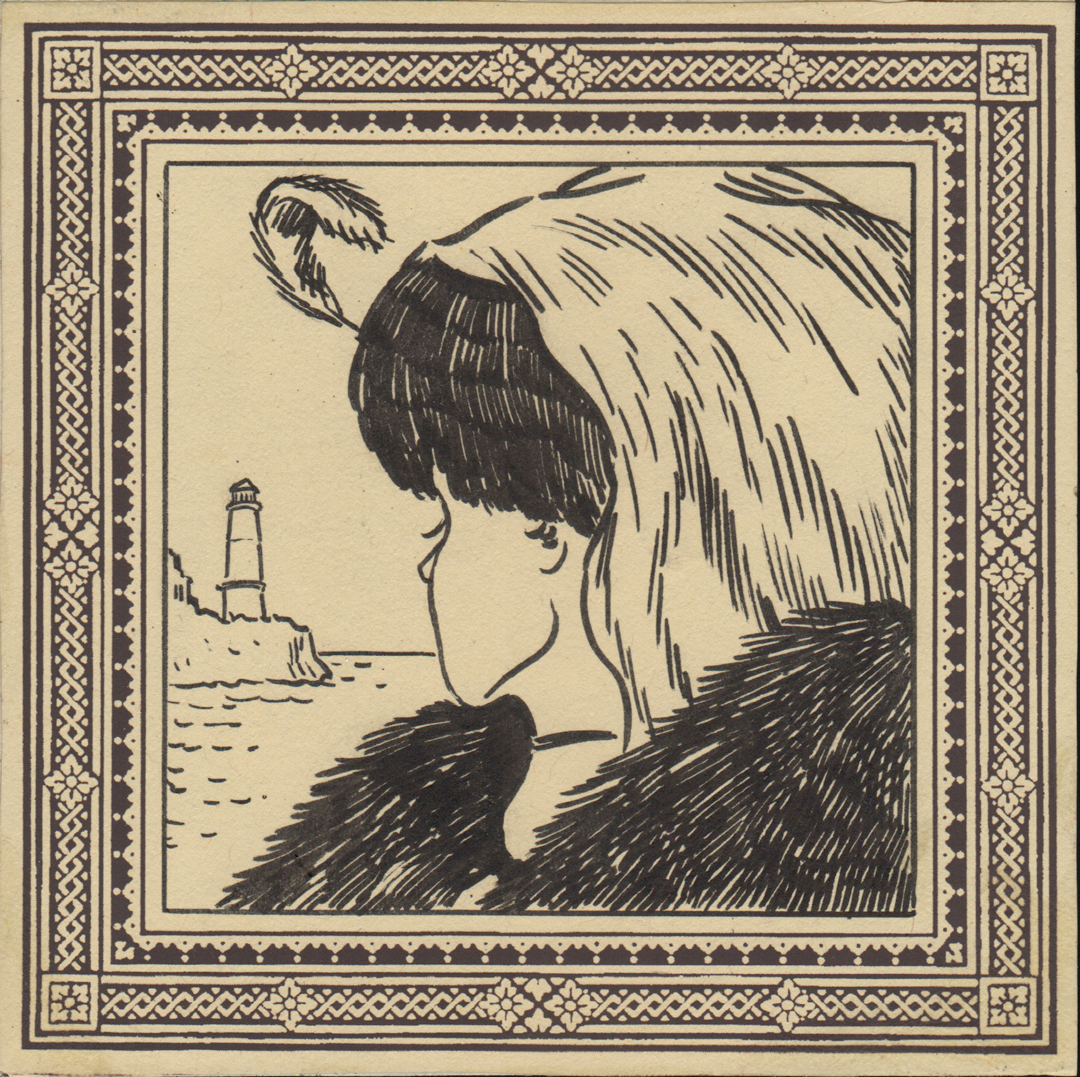
SHUTTER ISLAND AND THE OLD WOMAN/YOUNG WOMAN ILLUSION
The central character of Shutter Island is an FBI agent who arrives on a prison island reserved for mentally ill, criminal inmates. He is there to investigate a possible murder and escape. There is subsequently a conspiracy carried out to prevent him from finding the truth. Later the plot reveals that he might in fact be an inmate in the prison who is carrying out a delusional fantasy and the staff and inmates are playing along in hopes that he will have a psychic breakthrough.
It’s not a masterpiece but it’s a very good movie and it’s best quality is that it accidentally avoids the tedious boring devise known as “the twist ending.” Even the final decisive scene acts as a poignant conclusion to both possibilities.
Strangely however, the filmmakers seem to maintain that it is a “twist ending” (in interviews), preferring one scenario over another. But within the framework—internal to the film’s universe—every event, every interaction, every turn is designed carefully to fit into the logic of both of the two possibilities, regardless of the other. Scorsese is not entitled to some special, private intent which galvanizes one scenario over the other when every component is built so carefully to hold up both.
Assigning an ultimate trueness to one of the frameworks makes as much sense as saying that the famous optical illusion is factually a young woman but it is masquerading as an old woman. Obviously it is neither thing and both simultaneously, and it offers us a momentary relief from our relentless, desperate need for logical packaging.
